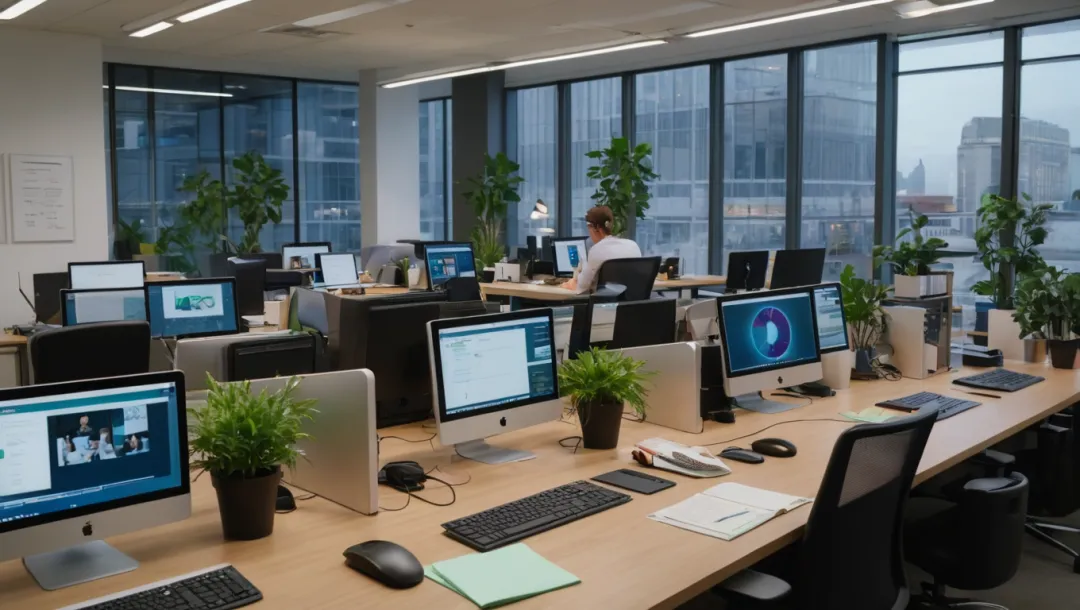Midnight Oil Burners: Heroic or Harmful?

In the bustling city of New York, where the city lights blend seamlessly with the glow of office buildings, a silent health crisis is unfolding. The culture of working late into the night is being questioned by health professionals and lifestyle experts, sparking a debate on the sustainability of such work habits.
Recent studies from the NY Health Department have shown a worrying trend among city workers. Long hours and late nights are leading to an increase in stress-related illnesses, with a significant impact on mental health and overall wellbeing. These findings have reignited the discussion on the importance of a healthy work-life balance.
Dr. Rachel Stevens, a leading psychologist at Columbia University, argues that ‘the glorification of working late is an outdated badge of honor that needs to be reevaluated. It’s high time we prioritize our health and personal life as much as our professional achievements.’ Her sentiments echo a growing movement that advocates for more flexible working hours and an emphasis on productivity rather than time spent at the desk.
On the flip side, many industry leaders view late nights as a necessary component of success. Tech startups and finance moguls in Wall Street, known for their high-pressure environments, often celebrate the ‘hustle culture’ that champions long hours as a pathway to innovation and accomplishment.
However, the tide may be turning. Progressive companies in Silicon Alley are experimenting with new policies that promote better work-life integration. These include mandatory time-offs, wellness programs, and the introduction of ‘no-email’ hours to reduce the pressure of being always ‘on’.
The debate has spilled over into social media, with hashtags like #WorkLifeBalance and #LateNightThoughts trending among New Yorkers. Personal stories of burnout and the pursuit of a healthier lifestyle are shedding light on the need for change within corporate cultures.
As the city that never sleeps confronts the potential consequences of its nickname, one thing is clear: the conversation around late nights and healthy work-life balance has only just begun. What remains to be seen is how this will reshape the future of work in one of the world’s most vibrant economic centers.







